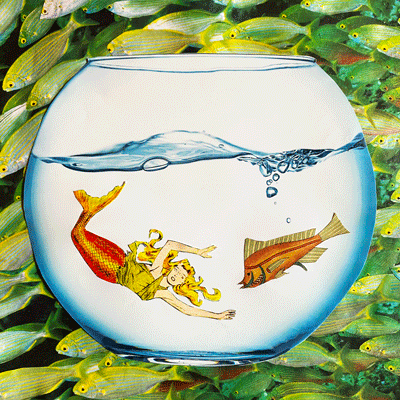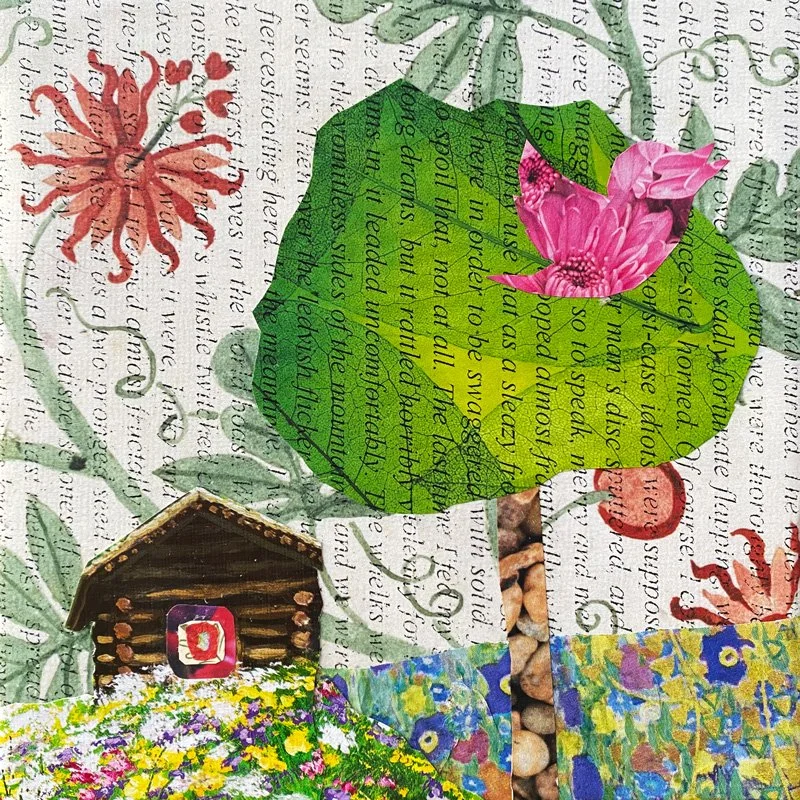How can concepts such as deep practice, deliberate practice, and ultralearning help you become a more productive and confident writer?
I was lucky enough to get to discuss these questions and many others in my wide-ranging conversation with Professor Patricia Goodson on Wednesday September 7.
Pat is a Professor at Texas A&M University and the author of two excellent books on academic writing:
In the first hour of this live 2-hour WriteSPACE Special Event, we talked about Pat’s books, her extensive work with faculty and student writers, and her own deep dive into deep practice. The second hour featured a hands-on workshop in which we experimented with these concepts in our own writing.
Here’s WriteSPACE member Nina Ginsberg’s lively account of the live event:
…………….
What could be more inspiring than hearing two international experts of academic writing talking writing?? This session was an informative and entertaining romp through the various stages and phases of writing poise, practice and passion.
A few standout quotes from this session:
“Paced, productive and powerful ...and pleasure! The connections between productivity and pleasure - and pleasure is as important a skill as all the other writing capacities.”
“Learning how to like writing: connect to writers and learn from the masters.”
“The more complex the (writing) task, the more complex the system you need to complete it.”
“The more effortless the writing seems, the more work has gone into it.”
We started by tracing Pat’s eclectic background from first studying Linguistics in Brazil, to researching Maternal and Child Health, to a Master of Philosophy of Education in Brazil (learning from and meeting Paulo Freire and his mentees), to another Masters (this time in Theology in the US), then to a PhD in Health Education. Phew! The moment she began her tenure journey as an Associate Professor was the moment writing pressure and a focus on writing began. Pat’s work on a graduate school peer-to-peer writing development support service she established morphed into a popular course, and it was from this project that her book Becoming an Academic Writer emerged.
Pat talked about her latest book 90 days, 90 ways and showed examples of how it hones in on the connection between pleasure and productivity. I was surprised to find out that Patricia learnt how to self-publish this book on Amazon as I had just assumed it was a mainstream publication.
It was especially interesting hearing Helen and Pat’s discussion on how their thinking about writing has changed over time and what experiences and research inform their approaches to writing. Helen uses metaphors and stories, promotes flexible and pleasurable ways of thinking about writing, offers the writing BASE to consider the dimensions of writing, questions the ubiquitous ‘write every day’ mantra, and posits that writing strategies are more like a smorgasbord than a formula. Pat mentioned the impact of decision fatigue, being aware of creative energy flows, how kinesiology research explains the link between writing and sleep within a 24-hour period, and the need to feed your writer’s unconscious mind with little bits of ‘food’ information – even if it is 5 mins a day. I liked Pat’s analogy of the writer’s mind being a hard-working graduate assistant. Pat explained how research into ‘complex adaptive systems’ and ‘complex dynamic systems’ helps her appreciate how complex writing is, and that using writing strategies in isolation is not particularly useful. Instead, she is working to develop a ‘systems approach’ or a set of elements that interact to progress writing, which she identifies as:
A set of strategies – write every day, Pomodoros ...
A set of tools – online or other resources writer's use (Pro Writing Aid, Grammarly...)
A set of support – feedback, and other social, emotional, and instrumental help ....
Pat finished off the first hour by explaining how (re)learning classical guitar online helped reinforce the principles of Contextual Interference and Deep Deliberate Practice (DDP). Patricia outlined the three key features of DDP and noted that she is now applying these to writing. The three DDP features are: 1) it slows you down and so helps with focus, attention, and intention, 2) establish a mini goal for that practice session, and 3) get immediate feedback (if you can build it in). The discussion then went into the ways practice encourages us to go deeper with our writing and how some strategies can force you to focus on becoming a better writer, but doing it in ways that might not be that difficult.
After a break, we dove straight into the writing workshop. We explored how we might use Contextual Interference for academic writing. Pat recommended Helen’s Creativity Catalyst as a place to find provocative and inspiring academic writing activities. Pat suggested a few activities that play with contextual interference in academic writing, such as; write a journal article purpose statement as a short poem, write every other word within a sentence, or write your work backwards, or start by writing what you think will be the last sentence of your paper, then write the sentence before it, and work your way backwards. The idea with this is to make writing more difficult because this often gives clarity that was not there before.
And finally, Pat ran us through a 15-minute activity to highlight how we practice in writing sessions. Using a triangle with three words (one word at each point): plan – do – reflect, we iteratively cycled around the triangle pushing to learn more. This process focuses on improving the quality of our writing – and improving ourselves as a writer. It was a remarkably interesting experiment to do – give it a go yourself!
This session certainly gave us lots of interesting ideas and writing challenges to take away and ponder.
A big thank you to both Pat and Helen for sharing their ideas and expertise so generously during this event.
A recording of this WriteSPACE Special Event is now available for members in the WriteSPACE Library.
Not a member yet? Register here to receive an email with the video link.
Better yet, join the WriteSPACE with a free 30 day trial, and access our full Library of videos and other writing resources.







